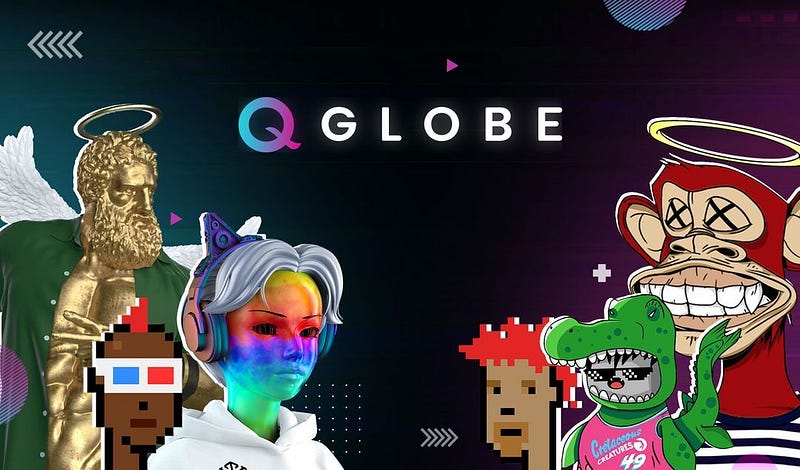
Esports tournaments in the Asia-Pacific (APAC) region have seen a significant rise in popularity in recent years. According to a report by Newzoo, the APAC region is the largest esports market globally, with a projected revenue of $51.2 billion by 2023. This growth can be attributed to the increasing number of esports tournaments being held in the region, which are attracting a large number of players and fans.
Esports tournaments in APAC are diverse, ranging from regional competitions to international events. These tournaments cover various popular games, including League of Legends, Dota 2, PUBG, and Fortnite. The region has also produced some of the world’s top esports players, including South Korean players Faker and Lee Sang-hyeok, who are known for their exceptional skills in League of Legends.
In recent years, the emergence of Web3 technology has significantly impacted the esports industry, including tournaments in the APAC region. Web3 technology refers to the decentralized web that operates on blockchain technology, enabling users to control their data and participate in digital economies without intermediaries.
One of the ways that Web3 technology is impacting esports tournaments in the APAC region is through the use of blockchain-based gaming platforms. These platforms enable gamers to earn rewards for playing games, and the rewards can be traded on blockchain-based marketplaces. This creates a new revenue stream for gamers, and it also incentivizes them to continue playing.
One such platform is Axie Infinity, which has gained significant popularity in the APAC region. Axie Infinity is a blockchain-based game that enables players to collect, breed, and battle digital creatures called Axies. Players can earn in-game tokens, which can be traded on cryptocurrency exchanges for real money. This has created a new revenue stream for gamers in the region, and it has also attracted a new generation of players who are interested in blockchain technology.
Another way that Web3 technology is impacting esports tournaments in APAC is through the use of non-fungible tokens (NFTs). NFTs are unique digital assets that can represent anything, including in-game items and tournament tickets. These tokens can be bought, sold, and traded on blockchain-based marketplaces, enabling players to monetize their digital assets.
For example, the League of Legends World Championship 2021 introduced NFTs as a way to provide fans with exclusive digital collectibles. Fans could purchase NFTs that represented in-game items, such as champion skins and summoner icons, as well as physical items, such as merchandise and tickets. QGlobe will be using in game assets in web3 gaming for utlity in esports tournaments in APAC region 2nd quarter 2023 QGlobe now has access to realtime on-chain payments platform which will help their team continue to grow and expand in this fast growing market.
Web3 technology is also enabling esports tournaments in APAC to become more transparent and secure. Blockchain technology enables secure and transparent transactions, ensuring that players and fans can trust the results of tournaments. This can help to eliminate fraud and cheating in esports tournaments, which has been a significant issue in the past. For example QGlobe new platform “Tilted” is the worlds first gaming ecommerce platform allowing phyi-digital items to be sold in esports gaming tournaments. QGlobe believes that by bringing the best of both worlds we can together create a win-win situation for the community. One positive outcome of the blockchain adoption in esports tournaments is that it can help to bring fans closer to their favorite.
In conclusion, esports tournaments in the APAC region are experiencing significant growth, and Web3 technology is playing a crucial role in this growth. Blockchain-based gaming platforms, NFTs, and blockchain technology are enabling players to monetize their digital assets, creating new revenue streams and attracting a new generation of players. Furthermore, the transparency and security provided by Web3 technology are helping to eliminate fraud and cheating in esports tournaments, ensuring that players and fans can trust the results of competitions. As Web3 technology continues to develop, it is likely that it will continue to impact esports tournaments in the APAC region in new and exciting ways.
